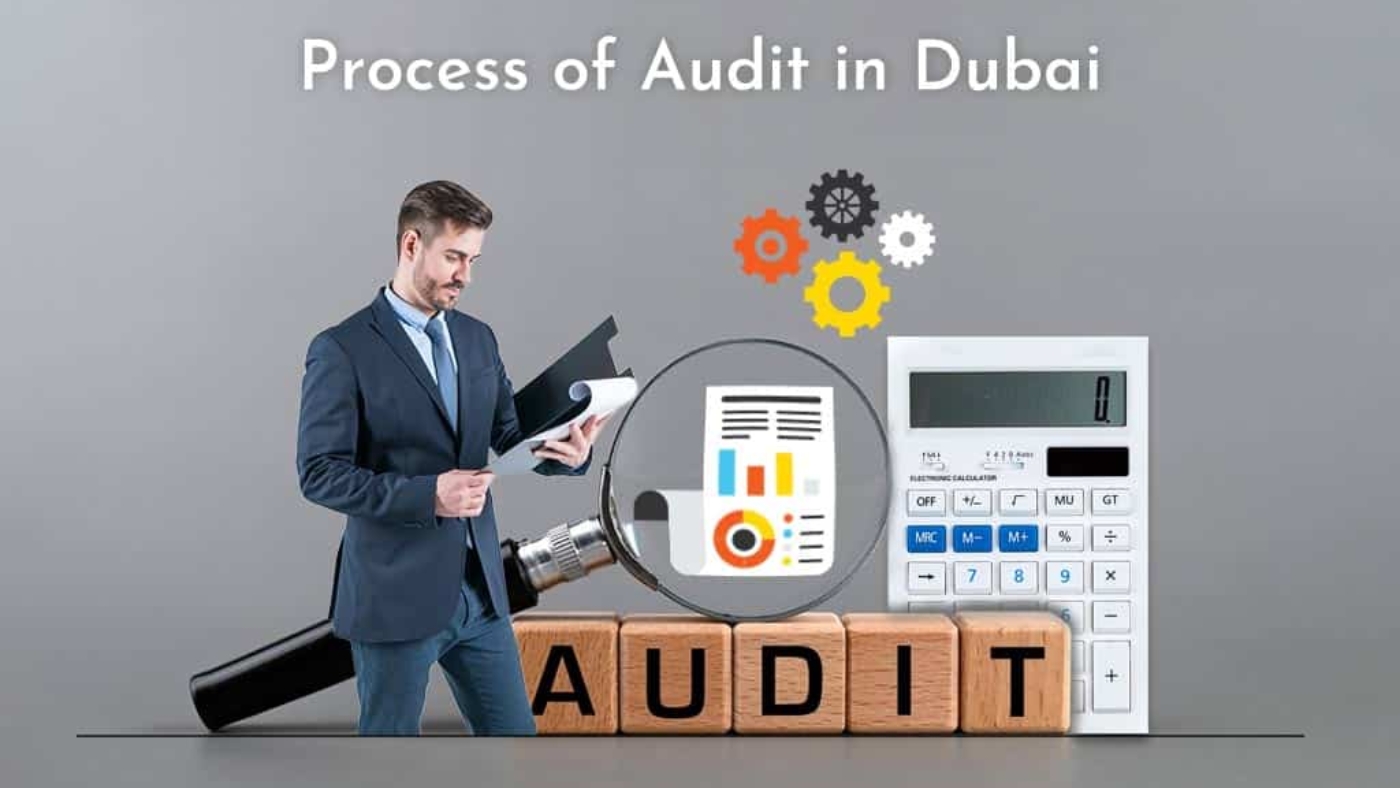Internal and external audit departments, as well as regulatory agencies in the UAE, frequently perform audits. During an audit, a company’s financial statements are examined to see if they present a “true and fair” picture of its performance and if they’ve been prepared according to accounting rules. In the UAE, regulatory authorities such as the Federal Tax Authority conduct audits to discover substantial misstatements and ensure that an audited firm is fully compliant with the law.
Audit in the United Arab Emirates
In the United Arab Emirates, there are several kinds of audits. However, they always include the following three auditing stages:
Executing the Audit Plan
The auditing begins at this point. Data will be collected, assessed, and interpreted by an auditor assigned to you by the local authorities or a professional you hired for external auditing in Dubai, UAE. This is so that you can fully comprehend your organization’s operations. An auditor must identify and assess risks that could have a substantial impact on the financial condition or performance of the company for each key activity that is disclosed in financial statements.
In the United Arab Emirates, for example, an external auditor searches for anomalies. It can include deceiving investors by manipulating a company’s financial performance. It can also be used to keep future financial results from being revealed.
Evidence accumulating
External auditors in Dubai, UAE, who are ideally employed to ensure full regulatory compliance in the UAE, will gather evidence to effectively complete an audit program’s requirements. It will entail ensuring complete compliance with accounting regulations, checking assets obtained from an organisation, and reviewing accounting records.
Reporting
Internal auditors, external auditing firms in Dubai, UAE, or the regulatory audit’s designated officer perform this task. The auditor will submit financial reports that express their expert view in an objective manner. The audit’s scope as well as the results will be detailed in the reports. External audit findings have a significant impact on a company’s reputation. Conclusions that don’t match the organization’s declarations have a couple of major repercussions. This is especially true when it comes to the company’s assets, liabilities, payments, and tax obligations.
What do auditors do during an audit?
Throughout the course of an audit, an auditor is expected to use professional judgement and exhibit professional scepticism. The following are some services provided by auditing businesses in Dubai, UAE:
Assess the appropriateness of the organization’s accounting rules, as well as the reasonableness of each accounting estimate and related disclosure made by a corporate director (s)
Determine whether the use of a director of a going concern basis for accounting is acceptable and whether there are any material concerns about the entity’s capacity to continue to be a going concern.
Examine the general structure, presentation, and content of a company’s financial statements, including disclosures, to see if they accurately reflect all underlying events and transactions.
In order to provide a professional opinion on consolidated financial accounts, obtain sufficient audit evidence on financial information of firms within a group.
How Do UAE Audit Firms Detect Balance Sheet Fraud?
To form an opinion on a company’s financial accounts, an auditor examines the following items.
In order to provide a professional opinion on the financial accounts of a firm, the auditor will assess whether:
The applicable framework for financial reporting is referred to in the financial statements.
The accounting assumptions provided by the director(s) were acceptable and data was appropriately aggregated, classed, described, and disaggregated.
Why are external auditors required by businesses?
In the United Arab Emirates, firms are not required to hire external auditors. However, it is recommended to contact an independent or external audit agency in Dubai, UAE to conduct a complete audit in preparation for the local authorities’ planned audit. This is to ensure that revealed errors during a regulatory audit do not result in significant administrative fines and severe punishments.
External auditors are also used by organisations in the United Arab Emirates to provide a clear and objective assessment of their financial position. External auditors in the UAE aren’t biassed because they don’t have long-term relationships with the companies they’re inspecting. This means they’ll remain objective throughout the audit. For an organisation that wishes to measure its success (or lack thereof), it will provide more reliable statistics.
Call us immediately if you have any questions regarding our auditing services in Dubai, UAE.
Related Info
Top 20 Accounting Services In Dubai 2024: A Comprehensive Guide For Businesses


Add a Comment